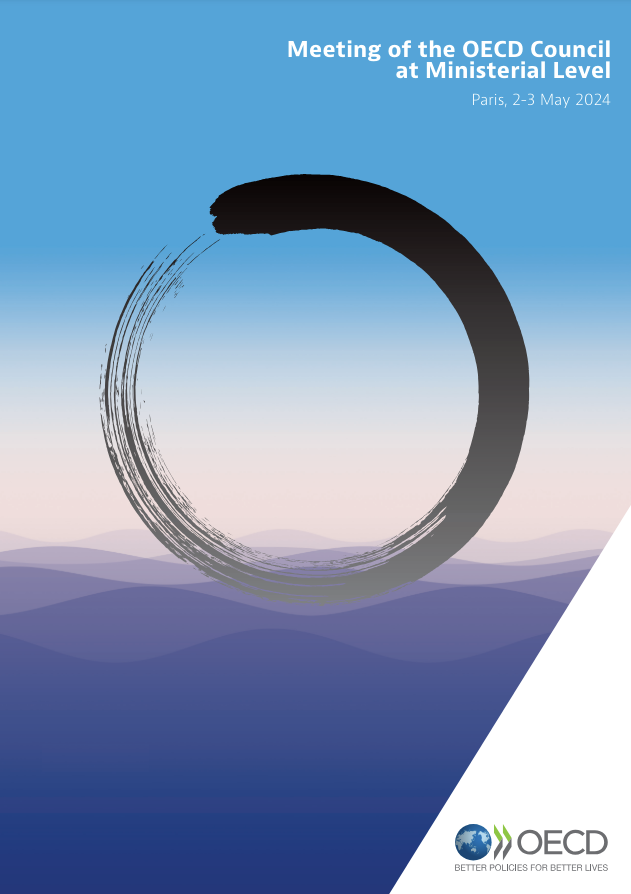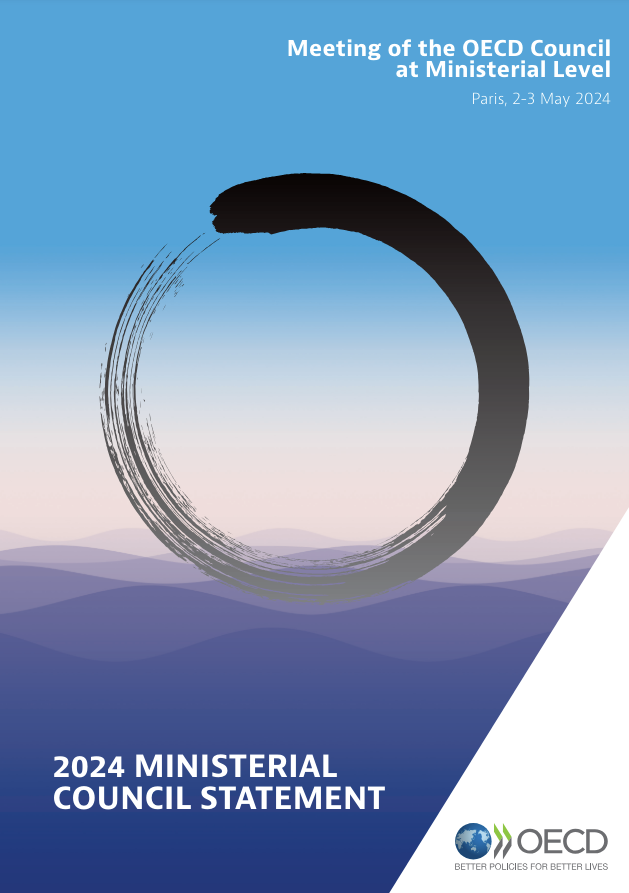Remarks by Mathias Cormann,
Secretary-General, OECD
Paris, 15 June 2021
Dear colleagues,
I am delighted to be here with you today to open this 9th Global Forum on Responsible Business Conduct (RBC) and to welcome leaders and experts from the public and private sectors, civil society and international organisations.
Your presence today reflects the importance of this Forum, and the strength of our shared commitment to democracy, human rights, rule of law and, above all, to promoting responsible business.
Indeed, responsible business conduct - together with our work on investment and trade, taxation, competition, corporate governance and anti-corruption - is an essential tool for promoting a global level playing field. It is also essential for ensuring a certain international order that can maximise sustainable growth, prosperity and general well-being.
Over the next three days, we will explore the kind of business conduct that is needed today to meet the challenges of tomorrow. We will consider whether we have the appropriate standards and tools to make responsible business conduct the “new normal” for a sustainable post-COVID future.
Global trade has accelerated economic growth and enabled better lives for millions in both developed and developing countries. Open markets, competition and growing economic ties between countries have underpinned progress. But we must also acknowledge that the distribution of the benefits of global trade and investment has been uneven and has come with environmental costs.
Over the past 30 years, global supply chains have re-defined international trade and development. Nearly 80% of global trade is now linked to the production networks of multinational corporations, diffusing not just economic activity, but technology too.
The COVID-19 crisis continues to evolve globally – hitting our health systems, economies and labour markets. Business-as-usual has been upended, and the crisis is having severe impacts on the most vulnerable.
Even before the pandemic struck, workers in global supply chains were exposed to significant pressures. Women in particular faced vulnerabilities, which have been exasperated by the pandemic. Nearly one-in-three female garment workers reportedly experience sexual harassment in their workplaces.
Today’s volatile and complex global business landscape, shadowed by worsening climate change, provides a renewed urgency to implement responsible business conduct standards into company operations, and address inequalities of opportunity in how we trade, invest, and do business both at home and abroad.
The OECD has a proven reputation to take on this challenge. For 40 years, the OECD Guidelines for Multinational Enterprises and due diligence guidance have provided a global rulebook for responsible business conduct.
Today, the OECD standards on responsible business conduct are adhered to by countries from all over the world, accounting for half the total value of goods and services produced globally, and 85% of foreign direct investment. The OECD’s due diligence standards were developed in collaboration with more than 170,000 businesses, as well as trade unions and civil society organisations.
The OECD Guidelines also include a unique grievance mechanism handled by the National Contact Points, who facilitate dialogue and solutions when businesses operating in or from their country do not implement responsible business conduct.
Our standards on responsible business conduct can also play an important role in meeting environmental objectives, particularly when it comes to addressing climate change. We are currently supporting businesses implement these standards, including by developing practical tools on due diligence to address climate change specifically.
The OECD’s responsible business conduct standards are making a tangible difference, as they are regularly integrated into national and regional legislation. Examples include: the EU Conflict Minerals Regulation and the French Duty of Vigilance Law.
The OECD is also working with the European Commission to introduce a general due diligence law for European companies.
While we have delivered on these achievements, more needs to be done. There is growing consensus that a smarter mix of regulation and market-based incentives are needed to make further progress on responsible business conduct. This means establishing and enforcing coherent policy frameworks and co-ordinating efforts in the implementation of different international standards on responsible business conduct.
In getting us there, our Global Forum on responsible business conduct provides the critical channel through which we can ensure diverse perspective have the opportunity to be heard during the decision making process and make responsible business conduct the new normal for a sustainable future.
Drawing on the perspectives of all stakeholders, the OECD is also undertaking a stocktaking exercise of the OECD Guidelines – the first in ten years – to ensure that our global responsible business conduct standards remain fit for purpose in the post-COVID era.
Today we are launching a public consultation to hear your views on the achievements, challenges and opportunities for responsible business conduct. So I encourage you all to get online and start sharing! The closing session of this Forum will provide more detail about this process and our objectives.
Dear friends,
Our political environment is changing at a new and faster pace. It is an environment that is not defined solely by emerging threats or opportunities, but one with increasing and shifting uncertainties and risks for businesses. This makes our work on responsible business conduct all the more challenging, urgent and relevant. For in this changing environment, we too must adapt, evolve and innovate, together.
Today's Forum is the perfect opportunity to take our work forward and to ensure that the OECD Guidelines continue to provide governments and businesses with the most suitable framework for meeting constantly changing global challenges. Rest assured that the OECD and I stand ready to support you every step of the way.
Thank you again for joining us today. I wish you a successful event, and I hope that next year we will be able to meet in person!

